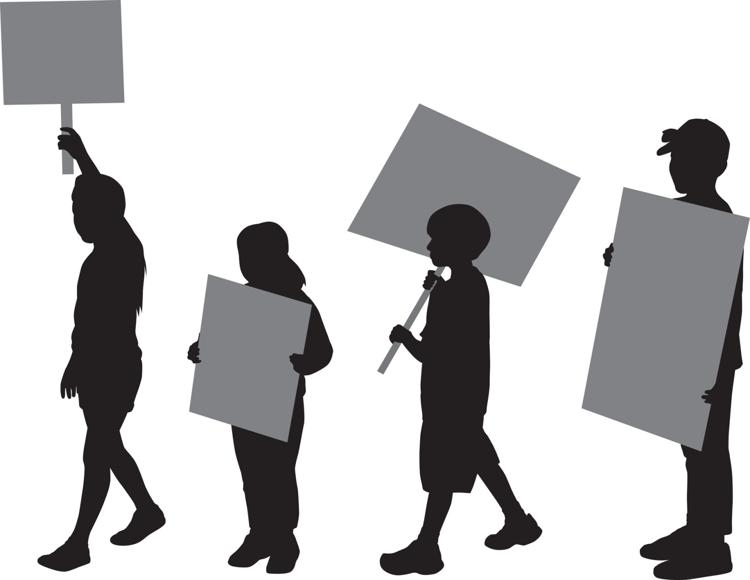It won’t be enough to just help your child understand the protests and rioting that followed the killing of George Floyd. (See previous blog.) This is a profound teaching moment about living a moral life. Morals are the bedrock of character. Morals are the wellspring of right and wrong. Not just when it is convenient. Not when it is easy. Loving thy neighbor requires more than words.
So what’s a parent to do?
Plant seeds. Seeds from which support, friendship and understanding will sprout. Seeds that will grow into acts of kindness, generosity and compassion. Acts that are rooted in conscience, courage, sacrifice, and, sometimes, even defiance.
It’s time for talk. It’s time for clarity. Your child will need help knowing how to be an American citizen. They will need guidance on how to be a person of conscience. We are all watching what happens when too people (even people in power) have not been raised with these values. Here are some questions worth following up your explanation of protests to shape and reinforce your child’s character, their moral core.
The questions below can start a discussion about character. Ask your child the question. A range of possible answers you child could give are provided. If they give the “correct” answer (the one you think is right), still follow up with the others options “What if you are mad, though? Would that make it OK?”
If they give the “wrong” answer (e.g., “It is OK to hit people when they make you mad”), it’s time to talk about why it is important to do the right thing and be a good person who treats people with respect and kindness, even if they treat you badly. (This is not the same as saying your child should just let someone treat them badly. There are right ways to respond and wrong ways to respond. Your child will need your help to learn how they SHOULD respond rather than how they feel like responding to a situation.)
When is it OK to use violence/hit, kick, punch, pinch, shove or spit?• Never
• Only when you are defending yourself or someone else who is being attacked
• When people make you mad
• When they call you names and use words to try to hurt your feelings
What should you do instead?
• Tell an adult
• Use your words to tell them why you are mad or hurt
• Stand your ground without being aggressive toward them
When is it OK to break something that belongs to someone else?
• Never
• When it is an accident
• When you have to break something to help someone
• When you need to teach them a lesson
What should you do instead?
• Walk away
• Talk to someone about how you feel
• Tell them how you feel instead of showing them by breaking something
When is it OK to threaten someone (e.g., you’ll be sorry, don’t make me hit you, I’m going to break your race car if you do that again).
• Never
• When they have threatened you first
• When you want them to stop
• When they won’t do what you want them to do
When is it ok to call someone a bad name (e.g., idiot, poopy head, stupid, loser, cuss words)?
• Never
• When they call you a bad name first
• When you are really, really mad
• When you are just kidding around
What should you do instead?
• Tell them how mad or hurt or upset you are
• Tell them that what they are doing is wrong
• Tell an adult
What should you do when you see someone being mean to another person?
• Mind your own business
• Say something to the person who is being mean
• Tell an adult
• Try to help
• Confront the person who is being mean
• Help the person who was mistreated
What should you do if an adult is treating someone wrong?
• Walk the other way
• Tell the adult to stop it
• Jump the adult from behind to let the other person get away (I just wanted to see if you were really reading this)
• Tell an adult what you saw
What should you do when you think a rule (or a law) is wrong?
• Try to get around it
• Follow it anyway
• Tell an adult
• Try to get the rule changed
These questions can get you started. But don’t stop here. Continue addressing these issues across the years (yes, I said years). There can’t be too many people of good character. And, we seem to need them more than ever these days.

